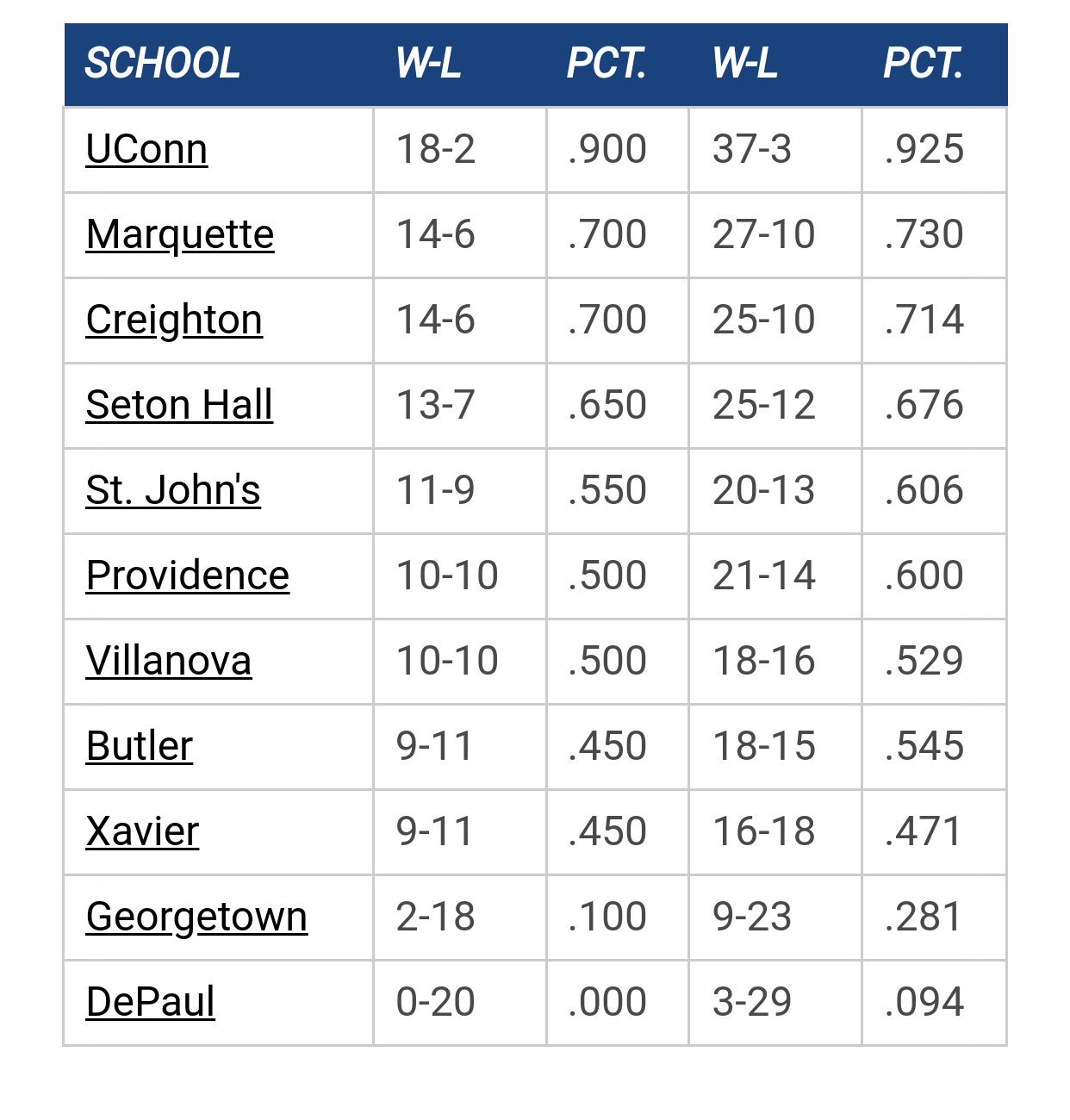|
2024-25 Non-Conference Schedule by THRILLHO
[Today at 12:15:01 AM] 2024 Transfer Portal by mug644 [April 23, 2024, 11:48:37 PM] 2024-25 Outlook by Lennys Tap [April 23, 2024, 09:42:02 PM] Big East 2024 Offseason by Herman Cain [April 23, 2024, 09:23:41 PM] Best case scenarios by Frenns Liquor Depot [April 23, 2024, 03:55:21 PM] Marquette Football Update by Viper [April 23, 2024, 11:02:10 AM] |
The absolute only thing required for this FREE registration is a valid e-mail address. We keep all your information confidential and will NEVER give or sell it to anyone else.
Pages: [1]
Pages: [1]
|





